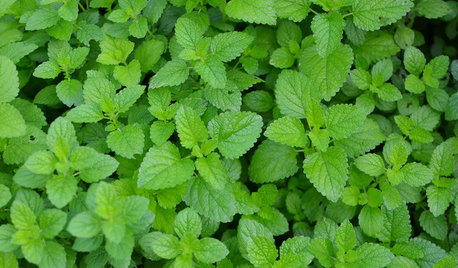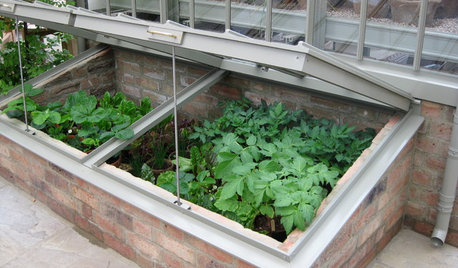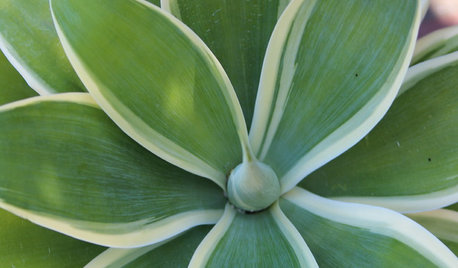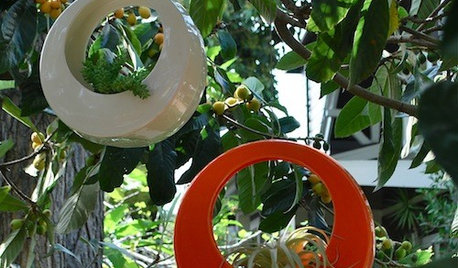To kill aphids in the Greenhouse
rosepedal
14 years ago
Featured Answer
Sort by:Oldest
Comments (24)
funnylady
14 years agorosepedal
14 years agoRelated Professionals
Reading Landscape Architects & Landscape Designers · West Chester Landscape Architects & Landscape Designers · Harvey Landscape Architects & Landscape Designers · Washington Landscape Architects & Landscape Designers · Brookfield Landscape Contractors · Duarte Landscape Contractors · Fort Myers Landscape Contractors · Fort Worth Landscape Contractors · Methuen Landscape Contractors · Norwalk Landscape Contractors · Ramsey Landscape Contractors · Riverview Landscape Contractors · San Benito Landscape Contractors · South Farmingdale Landscape Contractors · Frankfort Solar Energy Systemsseamommy
14 years agofunnylady
14 years agoDgreenR
14 years agosandy0225
14 years agolittledan
11 years agokarin_mt
11 years agokudzu9
11 years agokarin_mt
11 years agojzhhn
11 years agoAdamBorzy12
11 years agogalber50
7 years agoddsack
7 years agohex2006
7 years agogalber50
7 years agoapg4
7 years agogalber50
7 years agobillala
7 years agogalber50
7 years agoapg4
7 years agogalber50
7 years agoapg4
7 years agolast modified: 7 years ago
Related Stories

HOUSEPLANTS8 Houseplants You Can't Kill
They're forgiving and let you forget. Houseplants don't get any easier than this
Full Story
GARDENING GUIDESHerb Garden Essentials: Grow Your Own Delicious Mint
Pull out a pot for this one. Mint's spreading habit and hard-to-kill nature can be a blessing — if you're properly prepared
Full Story
WINTER GARDENINGExtend Your Growing Season With a Cold Frame in the Garden
If the sun's shining, it might be time to sow seeds under glass to transplant or harvest
Full Story
GARDENING GUIDESGreat Design Plant: Rosa Banksiae a Low-Maintenance Beauty
This thornless, disease- and insect-resistant rose brings showers of white or yellow flowers to the spring garden
Full Story
EDIBLE GARDENSSummer Crops: How to Grow Tomatoes
Plant tomato seedlings in spring for one of the best tastes of summer, fresh from your backyard
Full Story
HOUSEPLANTSHow to Grow Orchids Indoors
Orchids are the exotic aristocrats of the flower world and can make themselves comfortable in almost any home
Full Story
CALIFORNIA GARDENINGCalifornia Gardener's April Checklist
Outsmart droughts with water-savvy plants and sustainable approaches that suit the landscape
Full Story
GARDENING AND LANDSCAPING40 Great Gifts for Gardeners
What to Get for Green-Thumb Types. It's a No-Gnome Zone.
Full Story
BACKYARD IDEAS7 Backyard Sheds Built With Love
The Hardworking Home: Says one homeowner and shed builder, ‘I am amazed at the peace and joy I feel when working in my garden shed’
Full Story
DIY PROJECTSArrange a Gift Floral Bouquet Like a Pro
For a fall gift bouquet that looks expensive but is (almost) dirt cheap, just follow this step-by-step guide
Full StoryMore Discussions







karin_mt